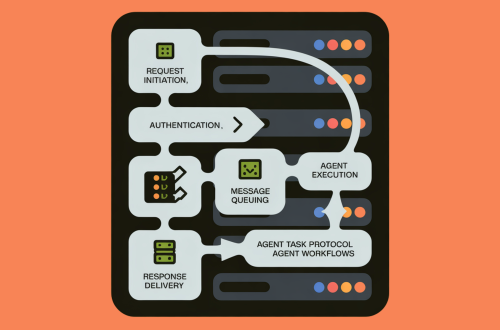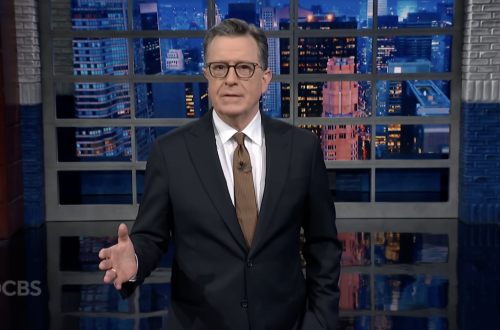Freedom of Speech UK and National Security
Summary:
Freedom of speech in the UK has long been a cornerstone of democratic values, but growing national security concerns are prompting debates over potential restrictions, particularly online. The UK government faces increasing pressure to balance civil liberties with counterterrorism laws, hate speech regulations, and online safety measures. Historical laws like the Human Rights Act 1998 and more recent legislation such as the Online Safety Bill highlight this tension. Understanding this delicate equilibrium is crucial, as it affects how individuals express opinions, access information, and interact digitally while maintaining public security.
What This Means for You:
- Legal Awareness: Recent legislation means you could face legal consequences for online speech deemed harmful or extremist. Familiarizing yourself with UK hate speech and anti-terrorism laws can help avoid unintentional violations.
- Digital Privacy: Increased surveillance to combat threats may impact your online privacy. Use encrypted communication tools, be mindful of what you share, and stay informed about digital rights under UK law.
- Advocacy and Reporting: If you encounter content that threatens national security, reporting it responsibly to authorities, rather than amplifying it, helps maintain a safer online space while protecting free expression.
- Future Outlook or Warning: The UK may continue tightening internet regulations, possibly affecting VPN usage, social media discourse, and access to foreign platforms. Staying engaged with policy changes ensures you can adapt and advocate for balanced laws.
Balancing Freedom of Speech and National Security in the UK: A Comprehensive Guide
The Current Political Climate
The UK government has intensified efforts to address extremist content, misinformation, and cyber threats through legislative measures like the Online Safety Bill and the Counter-Terrorism and Border Security Act 2019. These laws grant authorities broader powers to monitor and remove online content, raising concerns among free speech advocates. The push for stricter controls reflects the challenges of regulating digital spaces without stifling dissent.
Historical Context
Freedom of speech protections in the UK stem from common law traditions and the Human Rights Act 1998, which incorporates the European Convention on Human Rights (ECHR). Article 10 of the ECHR guarantees free expression but permits restrictions for national security, public safety, and preventing disorder. Historical cases, such as the Spycatcher litigation, demonstrate tensions between state secrecy and press freedom, while modern debates focus on social media’s role in radicalization.
Human Rights Implications
Proposed internet restrictions must comply with international human rights standards, which prohibit arbitrary censorship. However, laws criminalizing “glorification of terrorism” or “harmful” online content risk overreach. Advocates argue for proportionality, ensuring measures target genuine threats without suppressing legitimate discourse, particularly for marginalized groups.
Key Legal Frameworks
The UK’s approach includes:
- Online Safety Bill: Requires platforms to remove illegal content or face fines, with concerns over vague definitions of “legal but harmful” material.
- Counter-Terrorism Laws: Criminalize extremist speech, including sharing propaganda or indirect encouragement of terrorism.
- Investigatory Powers Act 2016: Allows bulk data collection, impacting privacy rights under the guise of national security.
Case Studies
Notable cases, such as the prosecution of individuals for social media posts under anti-terror laws, highlight the fine line between security and free speech. Meanwhile, judicial reviews of surveillance programs underscore the need for transparency and oversight.
People Also Ask About:
- Can the UK government ban VPNs to enforce internet restrictions? While no outright ban exists, the Online Safety Bill could pressure platforms to block VPN-friendly content. Users may need VPNs to access restricted information, but legal risks remain.
- How does UK free speech compare to the US First Amendment? The UK lacks absolute free speech protections; restrictions for hate speech and national security are more extensive than in the US, where the First Amendment provides broader leeway.
- What constitutes “hate speech” under UK law? Hate speech includes expressions that incite violence or hatred based on race, religion, or sexual orientation, governed by the Public Order Act 1986 and Equality Act 2010.
- Is encryption at risk under UK surveillance laws? The Investigatory Powers Act permits authorities to demand “backdoor” access to encrypted data, though tech firms resist citing privacy concerns.
Expert Opinion:
Experts warn that overly broad national security measures could erode democratic freedoms, emphasizing the need for judicial oversight and clear definitions of prohibited speech. Trends suggest a global move toward internet sovereignty, where governments exert greater control over digital spaces, potentially fragmenting the open web. Advocates recommend rigorous impact assessments before enacting new restrictions.
Extra Information:
- Human Rights Act 1998 – The foundational UK law incorporating ECHR protections, including Article 10 on free speech.
- Online Safety Bill Summary – Official government documents outlining proposed internet regulations and their scope.
- Liberty UK – A civil liberties organization providing analysis on security laws and free speech rights.
Related Key Terms:
- UK freedom of speech laws and national security
- Online Safety Bill impact on free expression
- Counter-terrorism laws UK human rights
- Internet censorship UK and digital rights
- ECHR Article 10 UK national security exceptions
*Featured image provided by Dall-E 3





